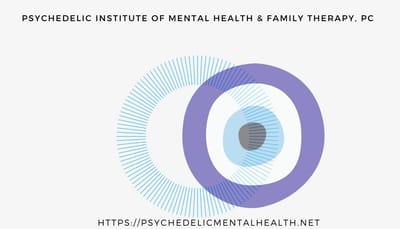Ketamine + Psychotherapy

Ketamine-Assisted Psychotherapy & Support
These materials and related websites do not constitute or replace medical advice from your licensed medical provider.
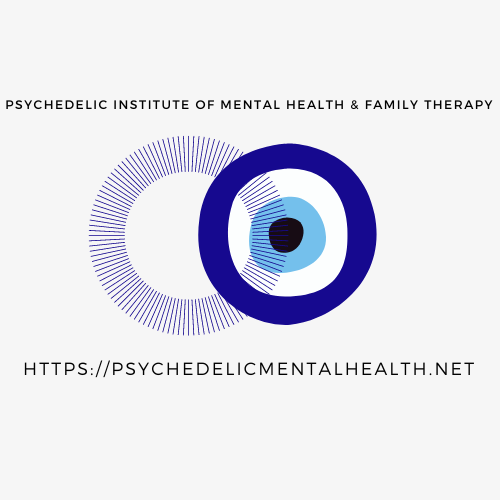
Ketamine was FDA approved for use in humans and animals in 1970, and labeled a "dissociative anesthetic" to avoid being associated with "classical psychedelics" of the 1960's. Ketamine has been administered at very high doses to billions of humans and animals since it was synthesized in 1962. Ketamine has been prescribed off-label for decades by medical clinicians who specialize in this medicine’s sub-anesthetic doses for mental health and pain management, and more recently in collaboration with mental health providers specializing in psychedelic-assisted psychotherapy.
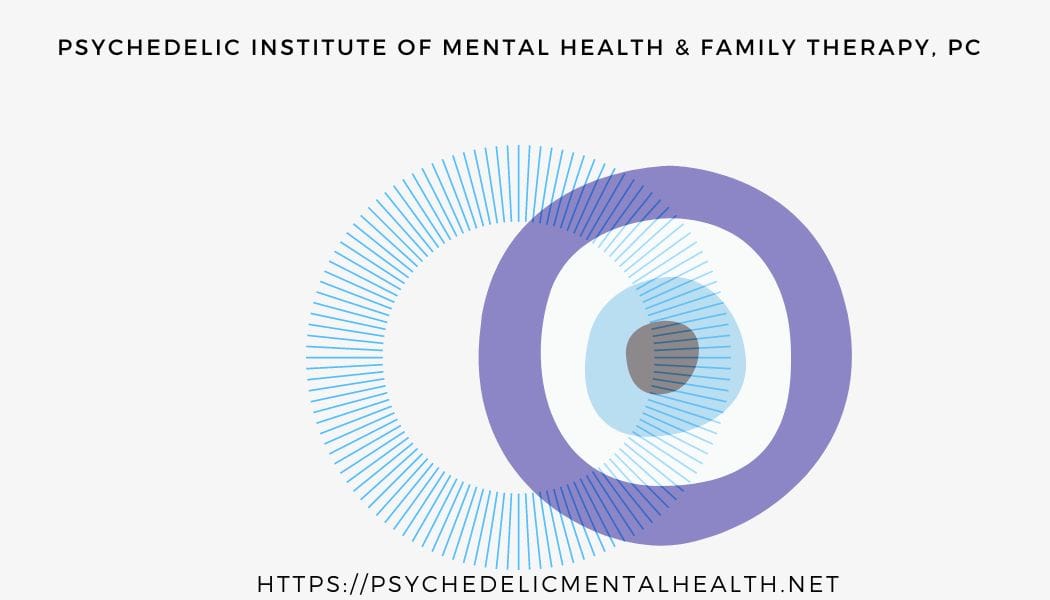
Is ketamine a "psychedelic"? Yes.
Considering Ketamine
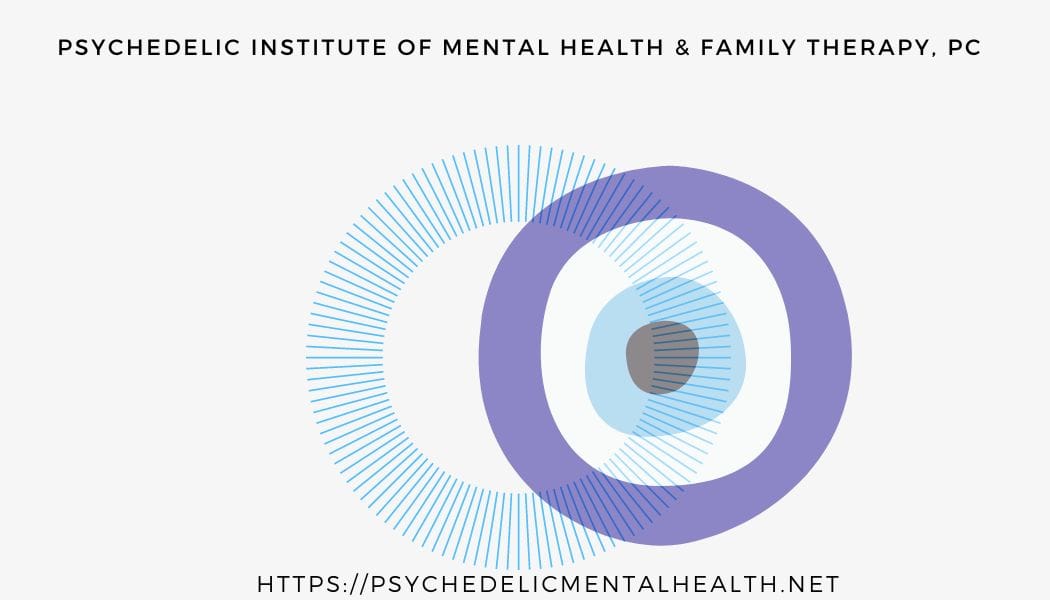
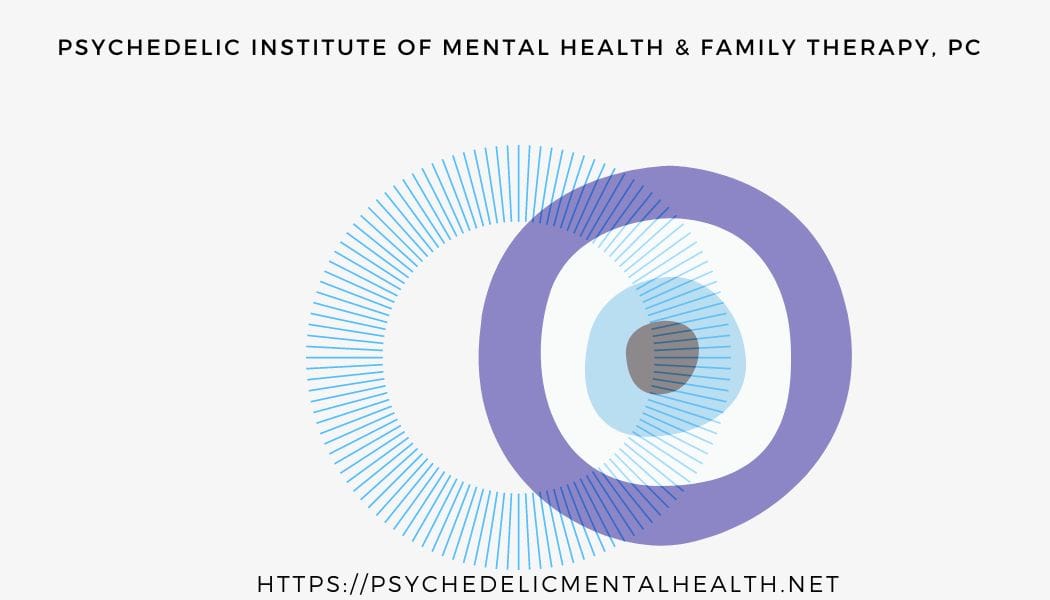
(2025) "NRx will be submitting patient-level data from controlled clinical trials that demonstrate ketamine to be superior to both a placebo and an active comparator, as well as either non-inferior or superior to electroshock therapy in treating various forms of depression, including patients with active suicidal ideation. Although ketamine in various forms is increasingly used to treat depression and related disorders, it is currently only approved by FDA only for use as an anesthetic and, therefore, not reimbursed by most insurance carriers for treatment of suicidality or depression. Intravenous ketamine is reimbursed by the Department of Veterans Affairs and the Department of Defense for its beneficiaries. By applying for FDA labeling for NRX-100 to treat suicidal depression, the Company hopes to make this potentially life-saving therapy available to all Americans, not just those who are able to pay out of pocket."
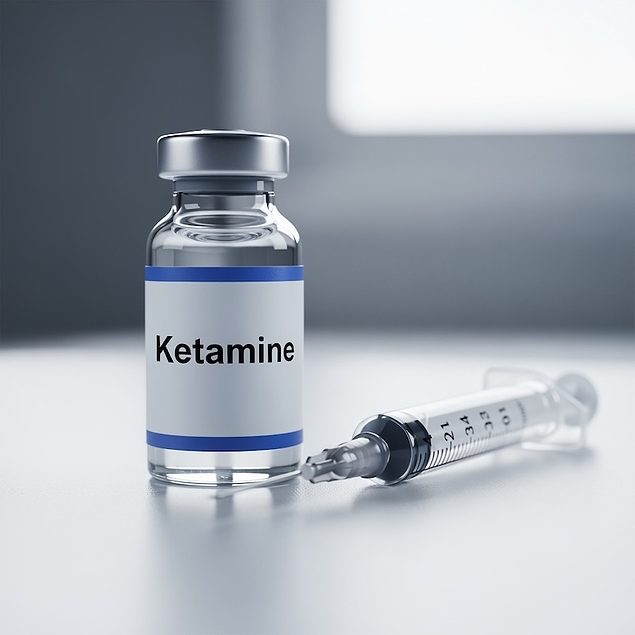
(2025) "we’ve covered the uncomfortable fact that the approved version of ketamine for depression, esketamine, is weaker than the original, racemic ketamine. The best we can say about esketamine is that it has a small effect size in treatment resistant depression – around 0.3 – which means it is about as effective in TRD as and SSRI is in regular depression. At worst, esketamine works no better than a placebo after a month, judging from recent meta-analyses of its industry-sponsored trials. In contrast, racemic IV ketamine’s effect is at least two sizes higher, in the large range, around 0.7-1.7 for its effect size. If we look at trials that compared IV ketamine to an intravenous benzodiazepine (midazolam), we arrive at the low effect size: 0.7. But if we look at trials that compared it to a saline drip, we get a much higher effect size: 1.7."
Ketamine-assisted psychotherapy may be prescribed by a knowledgeable medical provider and referred to a psychedelic mental health practitioner or other types of practitioners of the body, mind, heart and spirit. Learning to integrate psychedelic experiences for improved mental health and well-being in daily life is how psychedelic-assisted psychotherapy brings these transformative substances and experiences to the wider population- by incorporating a bio-psycho-social-spiritual approach.
Routines keep you alive, until they turn into ruts. Rituals of introspection and inward journeying may lead towards transformation, especially when paired with informed care and community support.
Approaching this medicine work with careful intention, screening, medical clearance, and multi-modal clinical and social support is how we strive to maximize this medicine’s benefits for as many people as possible who’ve yet to find relief with other medicine practices or approaches. This population is often labeled with treatment-resistance, although it may be equally accurate to label the treatments offered as inferior or ineffective to many.
Finding the minimal amount of medicine and dose needed for the most amount of improved quality of life is key. The medical provider will decide the setting — whether in an office being monitored, or at home with a sober sitter of your choice, with psychotherapy support before, sometimes during, and after taking the medicine.
Preparation and integration may be provided via telehealth, in-home, in office, or wherever is most convenient for you
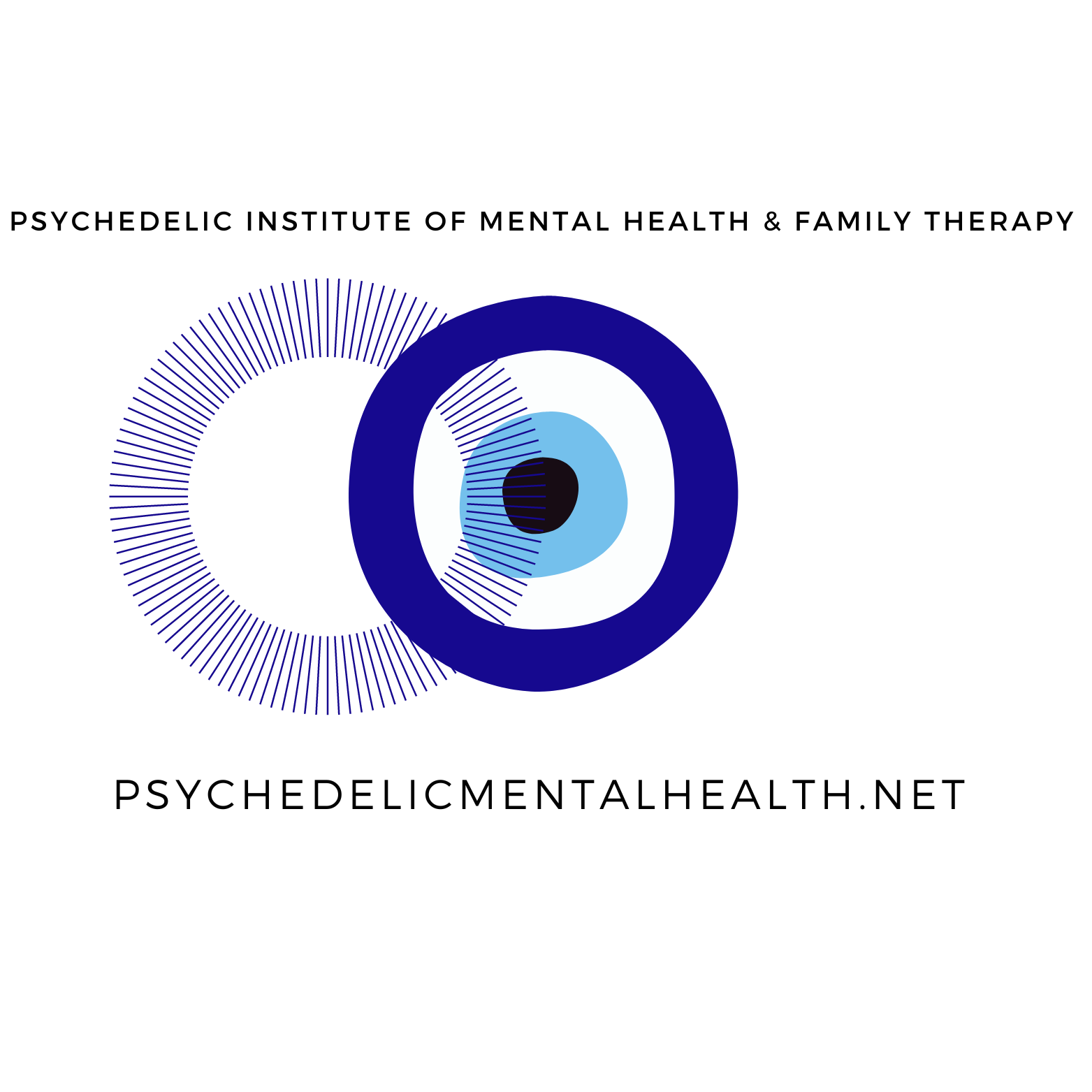
Supervised practicums for chaplains, ketamine therapists, ketamine sitters, hospice providers, medical providers, shamanic practitioners which include 6-12 medicine experiences, scholarships & work study available.
At very low doses ketamine is sub-perceptual. At moderate doses it is used in psycholytic therapy where the client is communicating with a therapist. At doses considered in the psychedelic, yet still sub-anesthetic range, people report a meditative state with a range of experiences from terrifying to mystical, that, when properly prepared for, supported, and integrated, can lead to a marked change in quality of life. Unfortunately, in some contexts the psychedelic visionary experience is dismissed as an adverse effect of the medicine.
These experiences happen with a variety of medicine compounds and non-medicine practices from around the world, throughout human history, but generally not without some sort of supportive wisdom approach. One system of support is through psychotherapists trained in psychedelic-assisted psychotherapy. Another system of support of these experiences are through curanderos, taitas, sangomas, and other types of cultural practitioners, although these types of practitioners aren’t usually working with ketamine.

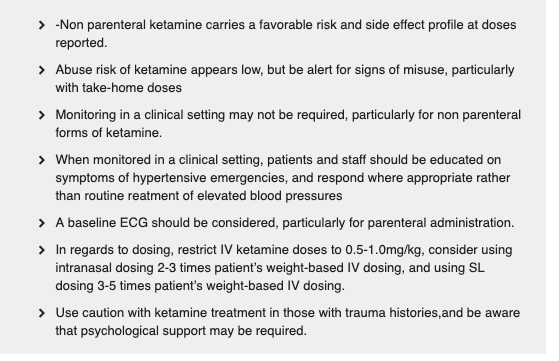

KETAMINE-ASSISTED PSYCHOTHERAPY IS A PROCESS THAT BEGINS WITH REFERRAL FROM A MEDICAL PROVIDER
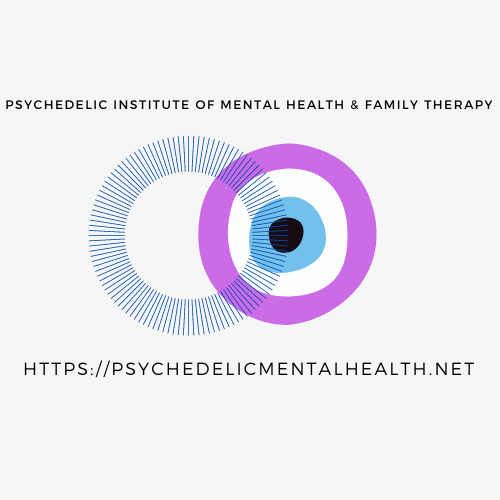
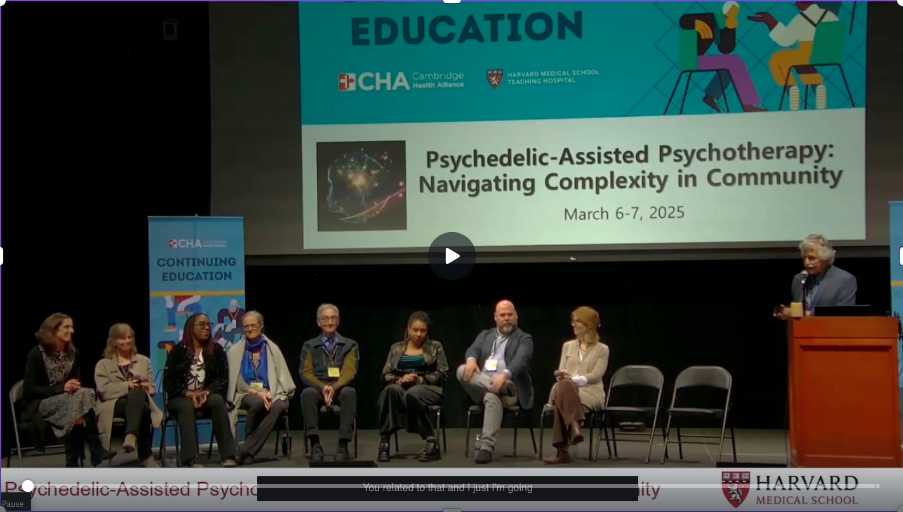
Ketamine Cost Considerations & Comparisons

IV Ketamine Infusion Clinic
- 40 minute medicine session
- est cost $500-$1500 per session, not covered by insurance
- may or may not have a mental health specialist as part of treatment
Ketamine-Assisted Psychotherapy & Support - 18 hours - $3,150.00 (Institute rate)
- Preparation and Goal Setting for Treatment with psychotherapist (1 hour)
- 2.5 hour medicine sessions
- 1 hour integration session (within 4 days of the medicine session)
- possible insurance reimbursement for preparation & integration sessions *Outside Medical Visit + Pharmacy are outside cost considerations
- Racemic ketamine is an FDA approved generic medicine that has been prescribed off label for myriad uses ranging from mood disorders to pain management, and has been studied nonstop for over 60 years. Your medical provider prescribes your medicine, after a thorough medical / psychiatric assessment. Your PCAB-accredited compounding pharmacy will dispense your medicine to you. Talk to your medical provider about a Referral or check out one of the independent psychedelic practitioners listed here.
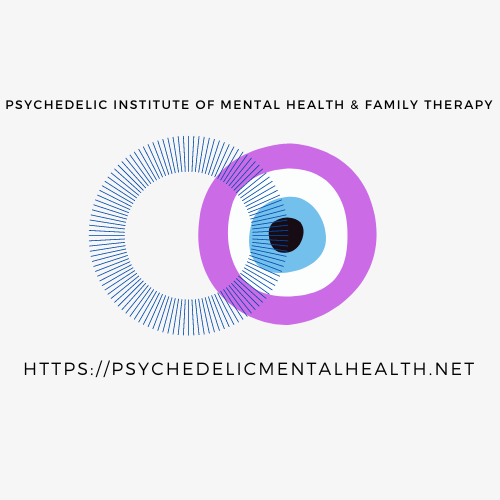
Compare to one psilocybin session, upwards of $2500 for a single dose, delivered without mental health or medical support (Oregon model)
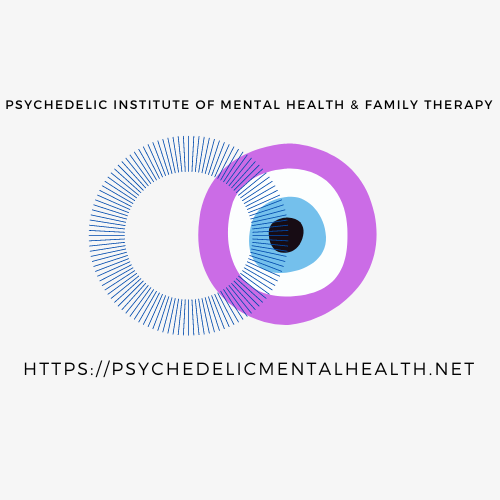
Ketamine ameliorates post-traumatic social avoidance by erasing the traumatic memory encoded in VTA-innervated BLA engram cells (LI, et al, 2024)
Ketamine-Assisted Psychotherapy Provides Lasting and Effective Results in the Treatment of Depression, Anxiety, and Post-Traumatic Stress Disorder at 3 and 6 Months: Findings from a Large Retrospective Effectiveness Study (Yermus, et al, 2024)
At-home, telehealth-supported ketamine treatment for depression: Findings from longitudinal, machine learning and symptom network analysis of real-world data (Mathai, et al, 2024) — over 11,000 patients followed over multiple years is largest real-world study of ketamine therapy to date.



Unsupported medicine treatment has been described as "weird" and "terrifying".
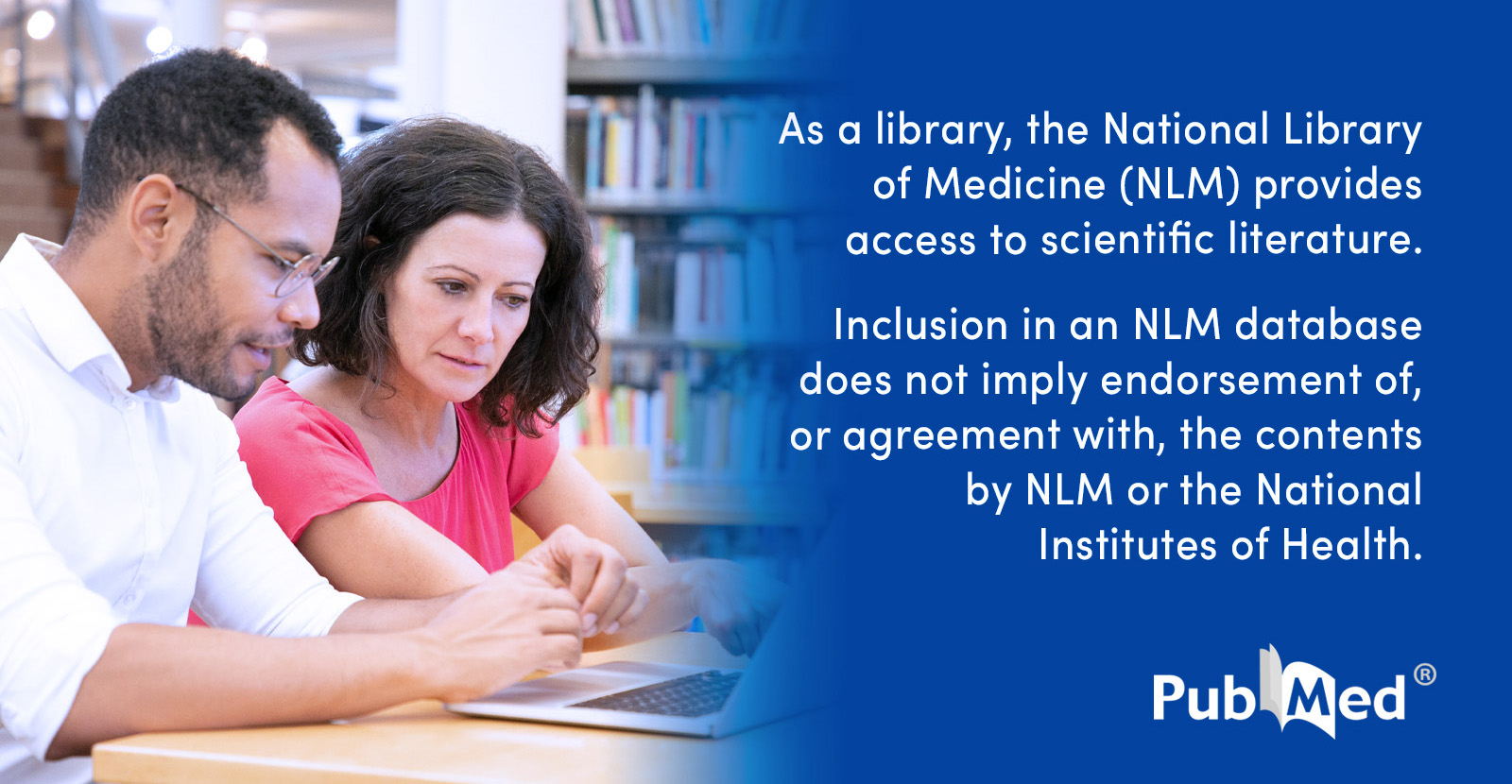
(Sanacara, et al, 2025) "Our analysis showed that (1) Ketamine was preferred by more trial participants than ECT; (2) Preference for ketamine was associated with higher likelihood of treatment response for all patients regardless of treatment assignment..."
The goal of mental health counseling is to restore some sense of balance of mental health and personal well-being without relying on a daily pharmaceutical treatment.
A harm reduction model supports the least amount of medicine for the most amount of observed benefit paired with psychotherapy to maximize any positive effects, and reduce the likelihood of harm.
Individual dosing may depend on the route of administration. Talk to your prescriber.
Ongoing collaboration with your medical team and compounding pharmacy helps reduce the likelihood of misuse or abuse of medicines.

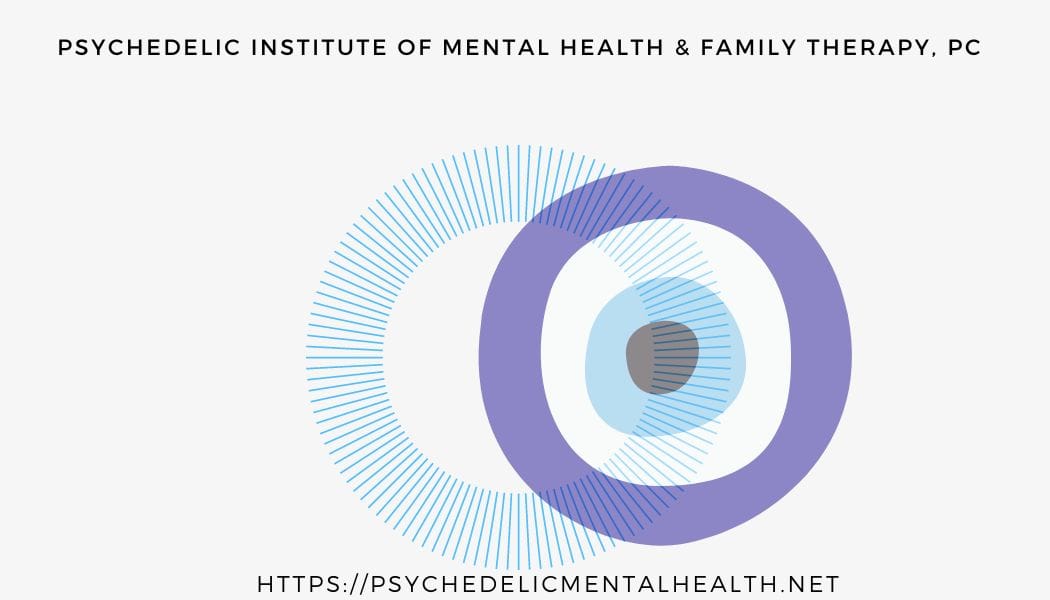
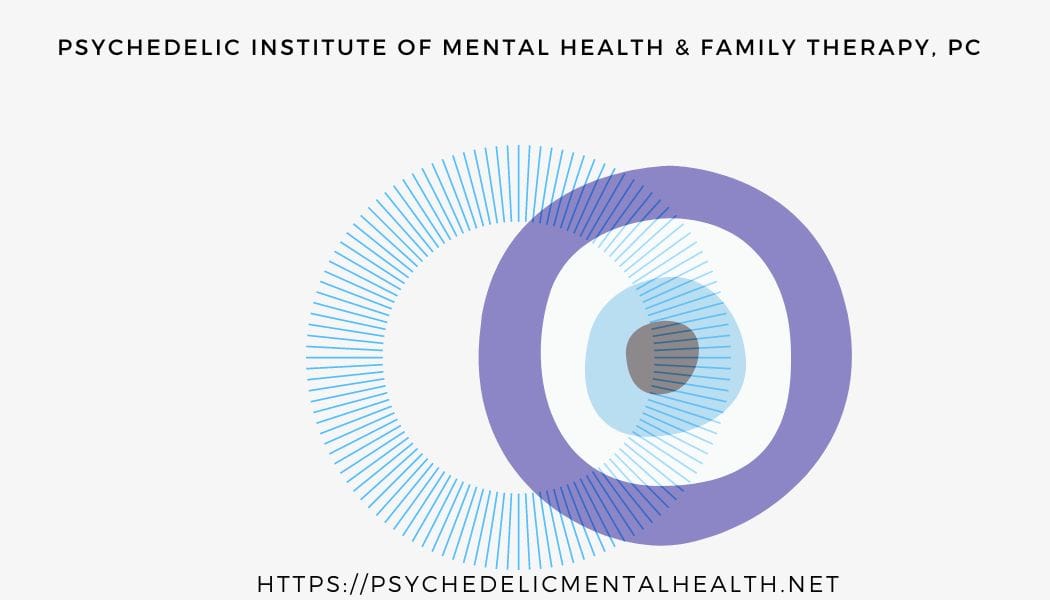
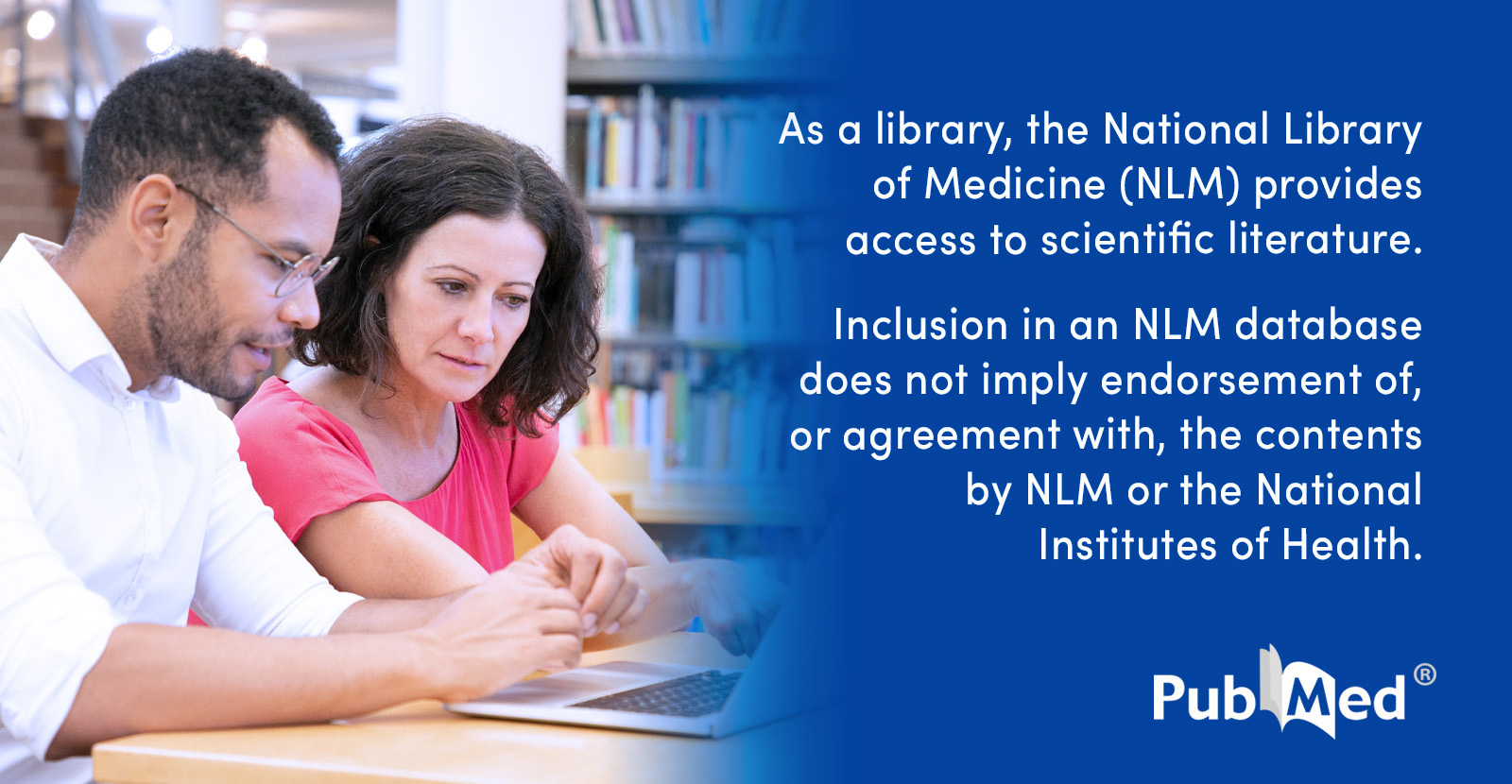
"The results showed significant symptom reduction across all groups, with the most pronounced effects observed in those who received concurrent psychotherapy. While infusion number did not significantly alter outcomes, the integration of ketamine with psychotherapy appeared to enhance treatment response.” (2025)

Ketamine Group Therapy
Community is such an important aspect of the integration process. Group therapy can be a cost-effective way to build on what you’ve started with the medicine and individual integration with psychotherapy. Group members access their ketamine treatments along the same arc together over a set number of sessions.

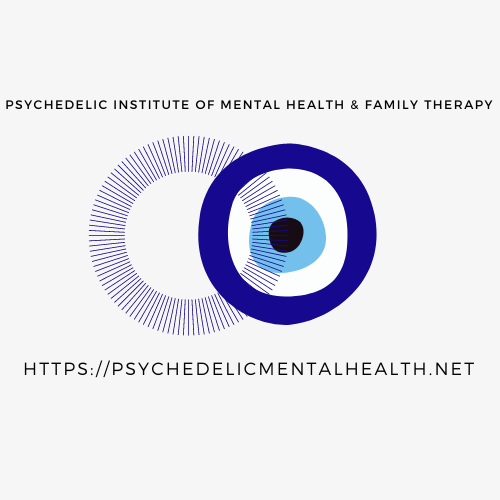
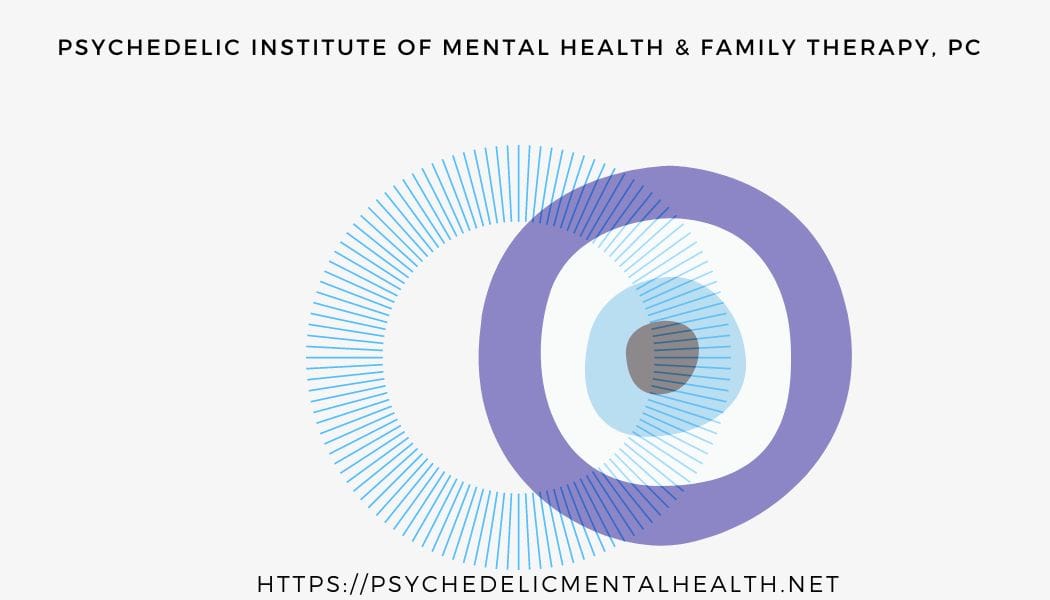

+2.png)
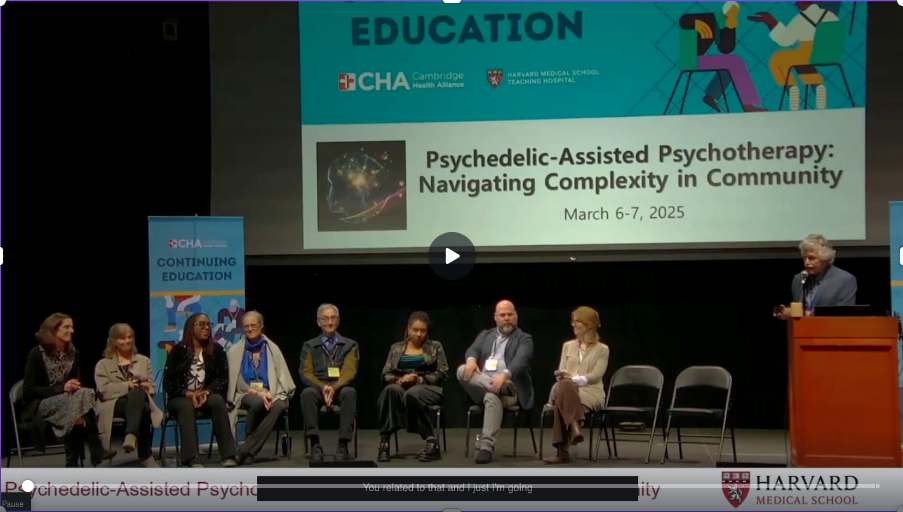
Is ketamine a psychedelic?
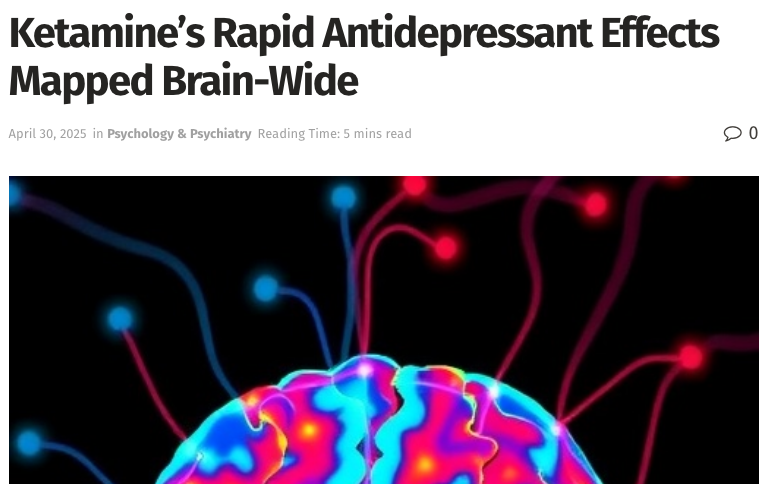

Find a Ketamine Therapy Clinician
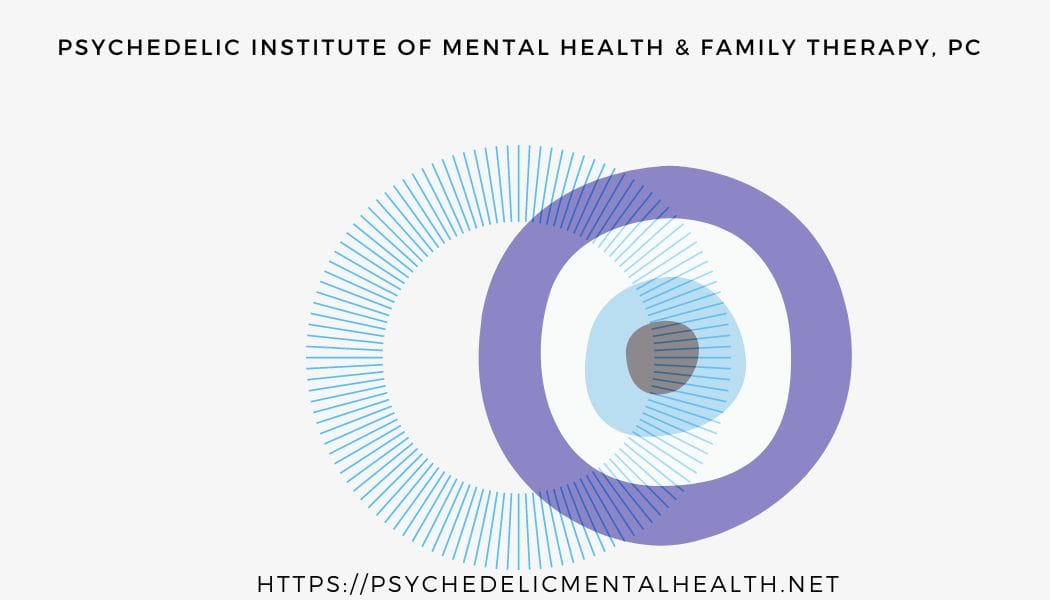
Ketamine Therapy | California | New York | Utah | Vermont
